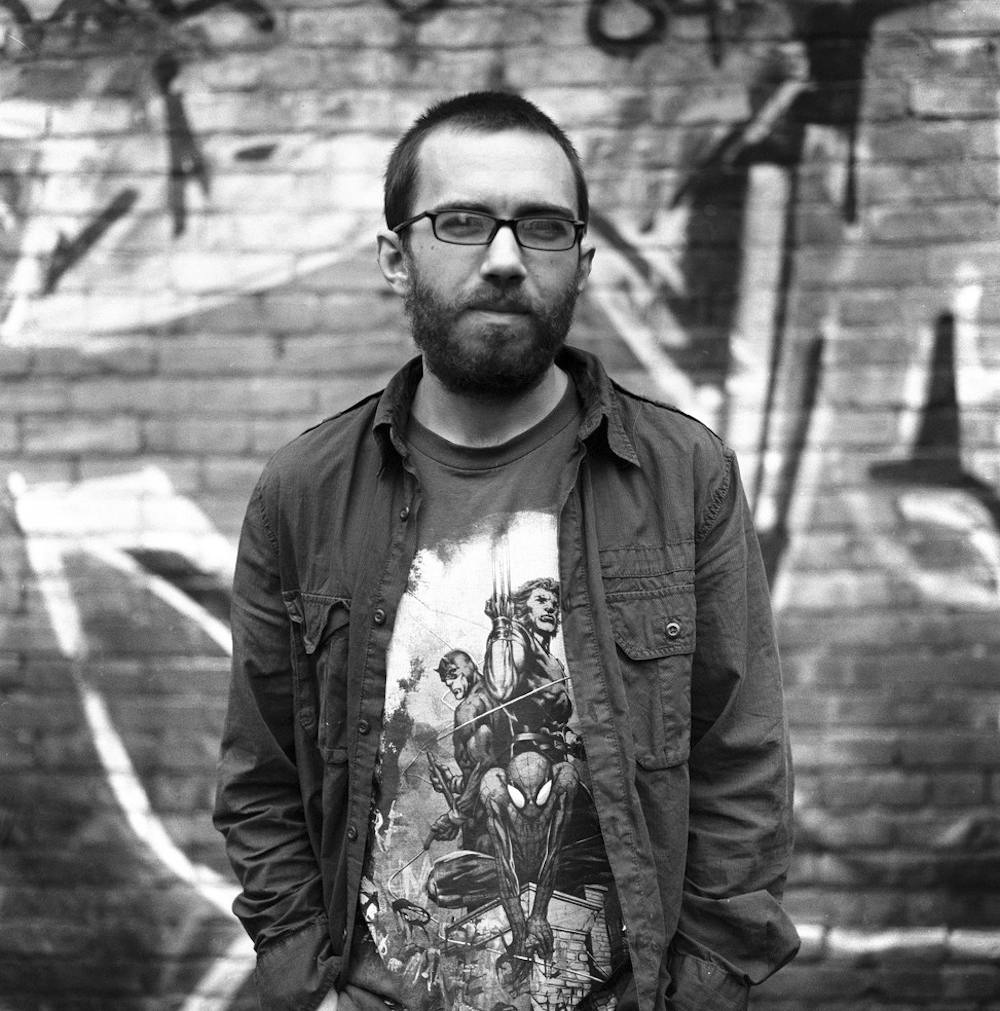A co-host of the Citizen Radio podcast show, a stand-up comedian and a musician, Jamie Kilstein is a force in the progressive comedy world. Arts & Culture Editor Sarah Vassello spoke to him about his show at DSI Comedy tonight, his childhood and why political comedy is important.
Daily Tar Heel: In addition to stand up comedy, which has been getting a lot of national attention from shows like "The Conan O’Brien Show," MSNBC’s "Up with Chris Hayes" and "Melissa Harris-Perry" show, and NPR’s "Weekend Edition," you’ve also co-written a book and have a podcast on failures in news media. How do you merge all of these things together and why are you so into talking about the news?
Jamie Kilstein: I think that initially, we hit all these mediums and now, I’m also doing music and doing music with my shows and playing music festivals. The original reason was desperation. When we met and when I was doing standup and Alison was writing and we started Citizen Radio when we were literally living around our car, driving around the country trying to get gigs, we were just trying to be heard in any medium possible. It’s hard enough to make it in the news business or the entertainment business, but it’s even harder when your topics are like feminism and institutional racism and stuff like that. It shouldn’t be — it shouldn’t be controversial topics, but they are, even amongst progressives and liberals. So, already this interview doesn’t sound like I’m promoting a comedy show, but this is what we’ve dealt with essentially our whole career. So, we were like, ‘Well, let’s just give them a fucking onslaught. If they don’t like standup, maybe they’ll read Alison. If they don’t like that, then they’ll hear the podcast.’
One of the reasons I’m playing music now in my set is because it was my first love, but also because I don’t think my audience who doesn’t know who I am yet would go to a comedy club because when you think of a comedy club, you think of an old white dude and a two drink minimum and some asshole telling rape jokes and a bunch of black and white head shots of comedians who died of cocaine overdoses in the ‘80s, you know what I mean? I don’t think that’s going to get a bunch of cool artist-y progressives, they’re not going to see me at a standup club. I’ve been playing mainly music venues, but the club I”m playing in North Carolina is an improv club, and improv people have much more of a musical vibe to them, much more communal and supportive — which is the only reason I’m playing it.
That was the original idea and the message means to much to us and people relate to it. Politics is scary — it’s so easy to be apathetic. I was really apathetic for a long time because I think intelligent people watch the news and they seem the same rich guys who led us into the last war invited back to talk about the next war instead of, like, having to sit a war out because they were wrong, and they think, ‘Well, this seems like bullshit.’ But they can’t really put their finger on why, and that’s where you kind of make the decision like, ‘Okay, well do I just say the news is bullshit and do nothing and become apathetic,’ which is what I did for a long time when I was young or do I do something about it or seek out alternatives, etc.
To us, the theme and everything — whether its the show, the book, the music or the comedy — is that we try to be funny and relatable so that people don’t want to die because the news is awful right now. It’s always been and it's the worst. Like all artists that came from a rough childhood and have depression and have dealt with addiction and all this stuff, the thing that’s gotten me through has been humor and laughing and music, so my thought was if that got me through my personal stuff and it's still getting me through today, why not apply that to larger issues? Because once you can laugh and discuss and talk about things, that’s kind of like the first step and then you can do something.
DTH: How would you describe your comedy style?
JK: I have no idea. I know that every newspaper in like London and the UK will try to compare me to George Carlin and Bill Hicks — I think that’s just because I’m political and I do better over there than I do in America.
DTH: That’s so interesting, because you’re talking about American politics.



